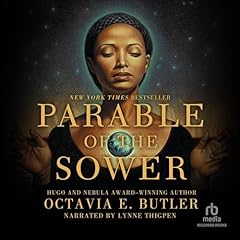
Analysis: A Macat Analysis of Gustavo Gutiérrez's A Theology of Liberation: History, Politics, and Salvation
No se pudo agregar al carrito
Add to Cart failed.
Error al Agregar a Lista de Deseos.
Error al eliminar de la lista de deseos.
Error al añadir a tu biblioteca
Error al seguir el podcast
Error al dejar de seguir el podcast
 Exclusivo para miembros Prime: ¿Nuevo en Audible? Obtén 2 audiolibros gratis con tu prueba.
Exclusivo para miembros Prime: ¿Nuevo en Audible? Obtén 2 audiolibros gratis con tu prueba.Compra ahora por $10.25
-
Narrado por:
-
Macat.com
Peruvian priest Gustavo Gutiérrez's 1971 book, A Theology of Liberation, provides an inspiring and groundbreaking argument as to how Christians and the Roman Catholic Church should act in support of the poor.
The Catholic Church had traditionally seen itself as politically neutral. In the 1960s and 1970s, however, reformers such as Gutiérrez urged it to seriously address real-world issues such as poverty and oppression. He coined the term liberation theology - a practice that combines reflection, critical Bible reading, and, importantly, action - to describe what should be done to transform the lives and situations of those who suffer under unjust social circumstances, such as the indigenous populations in Latin America. Liberation theology was at first controversial to some in the West because of its ties to the politics of Marxism. However, it quickly inspired activist and human rights groups and continues to do so today. Liberation theology has also significantly influenced church leaders, who are now much more vocal in their support for the liberation of poor and oppressed peoples.
©2016 Macat Inc (P)2016 Macat IncLos oyentes también disfrutaron:

















Analysis?
Se ha producido un error. Vuelve a intentarlo dentro de unos minutos.


